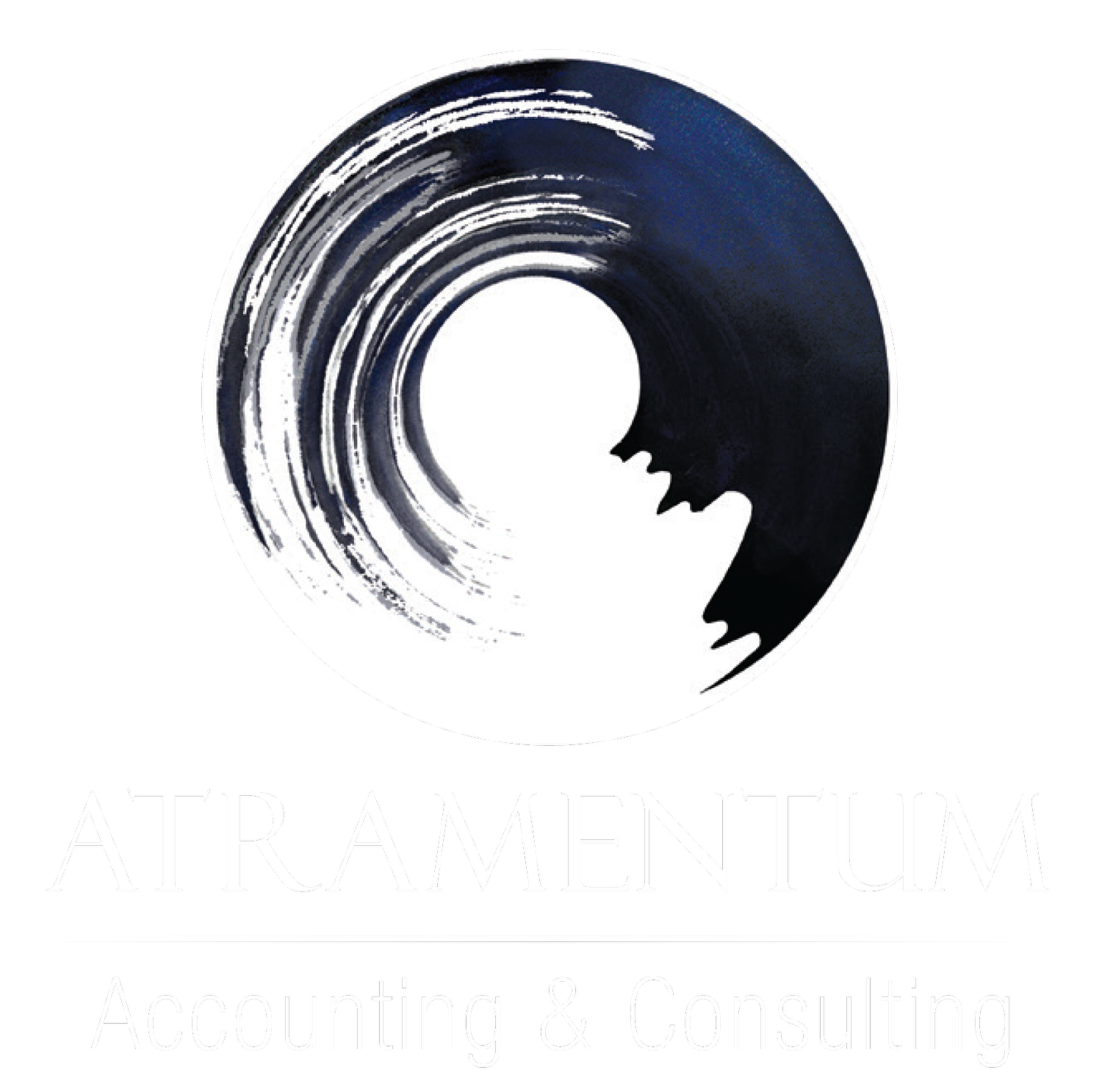30 June - Now What? Preparing Your 2024 Annual Report: A Helpful Guide.
As the end of the financial year (EOFY) approached on 30 June, Australian businesses, whether structured as sole traders, companies or trusts, needed to start gearing up for the preparation of their 2024 Annual Report.
Bean Counters Rejoice
As the business finally closed its books for the financial year, the accounting team celebrated like they'd just discovered a hidden stash of chocolate (& A-Grade premium coffee) in the break room.
The Annual Report not only provides stakeholders with a comprehensive overview of your financial performance but also ensures compliance with regulatory requirements, including preparation of your 2024 tax return.
Closing off the 2024 Financial Year
Whether you have already commenced or are about to commence closing your books for the 2024 financial year, here are some tips and tricks to streamline the process.
1. Finalise Financial Records
Action Steps:
Review Transactions: Ensure all financial transactions for the year are accurately recorded. This includes income, expenses, asset purchases, and liabilities.
Reconcile Accounts: Conduct a thorough reconciliation of all bank accounts, credit cards, and loan statements.
Reconcile ATO-Related Accounts: ensure your STP, PAYG and GST accounts are reconciled and finalised as needed.
Inventory Count: If applicable, perform a physical inventory count and reconcile it with your accounting records.
Tips:
Ensure your team has access to coffee and calculators.
Use accounting software to streamline this process.
Cross-check entries for any discrepancies and resolve them promptly.
2. Conduct a Comprehensive Audit (or “an accounting Pub Test”)
Action Steps:
Internal Audit: Perform an internal audit to identify any financial irregularities. By performing an internal audit, businesses can uncover errors, prevent fraud, and ensure that their financial reporting is accurate and reliable.
External Audit: if required, engage an external auditor to review your financial statements and provide an independent verification.
But I am a small business?
Even if you are a small business, it's good practice to review your accounts and consult with your accountant, to talk through and ensure everything looks correct and identify any discrepancies before closing the books for the financial year.
Tips:
Schedule the external audit well in advance to avoid delays.
Appoint an audit-lead from your business to co-ordinate the audit
Ensure all necessary documentation is readily available for the auditors.
3. Review, Analyse and Communicate with Stakeholders
Even if you are a small business, this is an important part of ending the financial year and beginning to plan for 2025. By thoroughly reviewing, analysing, and communicating your financial performance, you can identify key areas for improvement and ensure your stakeholders (even if it is just to yourself) are well-informed and engaged in your business's future direction.
Action Steps:
Review Financial Statements:
Carefully examine your balance sheet, income statement, and cash flow statement for accuracy and completeness.
Compare the current year’s financial performance with previous years to identify trends and anomalies.
Conduct a Financial Analysis:
Perform ratio analysis (e.g., liquidity ratios, profitability ratios) to assess the financial health of your business.
Analyse key performance indicators (KPIs) to gauge operational efficiency and profitability.
Prepare a Comprehensive Report:
Summarize your findings in a detailed report that highlights significant financial data, trends, and insights.
Include visual aids like charts and graphs to make the data more accessible and understandable.
Develop a Communication Strategy:
Identify key stakeholders, such as investors, board members, and employees, who need to be informed about the financial status.
Tailor the communication to each stakeholder group, focusing on the information most relevant to their interests and needs.
Want to talk 2025?
If you are on your own, this is an excellent opportunity to discuss your performance and goals for 2025 with Atramentum!
Prepare Key Financial Statements
Action Steps:
Balance Sheet: Prepare a balance sheet that provides a snapshot of your company’s financial position at year-end.
Income Statement: Compile an income statement that summarizes your revenues and expenses over the financial year.
Cash Flow Statement: Generate a cash flow statement to detail how cash has moved in and out of your business.
Tips:
Ensure these statements are accurate and comply with the Australian Accounting Standards.
Use these statements to identify areas for financial improvement.
5. Draft the Annual Report
Action Steps:
Management Discussion and Analysis (MD&A): Provide an overview of the company’s performance, financial condition, and future outlook.
Directors’ Report: Include details on the company’s operations, dividends, significant changes, and likely future developments.
Corporate Governance Statement: Outline the company’s governance practices and compliance with the ASX Corporate Governance Council’s Principles and Recommendations (if applicable).
Have the relevant parties sign off on the 2024 Annual Report.
Atramentum Can Help!
Our team of experts is ready to assist you with everything from closing your books to preparing your financial statements.
Whether you're a small business or a large enterprise, we have the tools and expertise to make your end-of-year financial tasks stress-free and efficient.
Email us now to get started and ensure you're fully prepared for a successful transition into the 2025 financial year!
Tips:
Use clear and concise language to make the report accessible to all stakeholders.
Highlight key achievements and future strategies to instil confidence in investors.
6. Finalise the year by meeting any other reporting obligations
Now that you've finalised the 2024 Annual Report, you can tackle any of your other reporting obligations, including your tax return—because who doesn't love more paperwork?
Action Steps:
ASIC Lodgement: Lodge your financial reports with the Australian Securities and Investments Commission (ASIC) if required.
Tax Compliance: Ensure all tax obligations are met, including the submission of your company’s tax return to the Australian Taxation Office (ATO).
Tips:
Stay updated with any changes in reporting and tax requirements or….
Engage Atramentum to work with you is the best option because our experienced team can handle all the complexities of the EOFY process, ensuring accuracy and compliance, while you focus on running your business and achieving your goals.
Conclusion
Preparing for the 2024 Annual Report is like trying to cook a gourmet meal while juggling flaming torches—it requires meticulous planning and execution! By following these steps, your Australian business can whip up a comprehensive and compliant report that is informative, dazzles stakeholders and sets the stage for continued success.
Start early, stay organized, and sprinkle in some professional advice to make your annual reporting process as smooth as possible.
Feeling overwhelmed? Don’t worry, Atramentum is here to rescue you from the financial frenzy!
Contact us now, and we'll make sure your annual report is a piece of cake.




